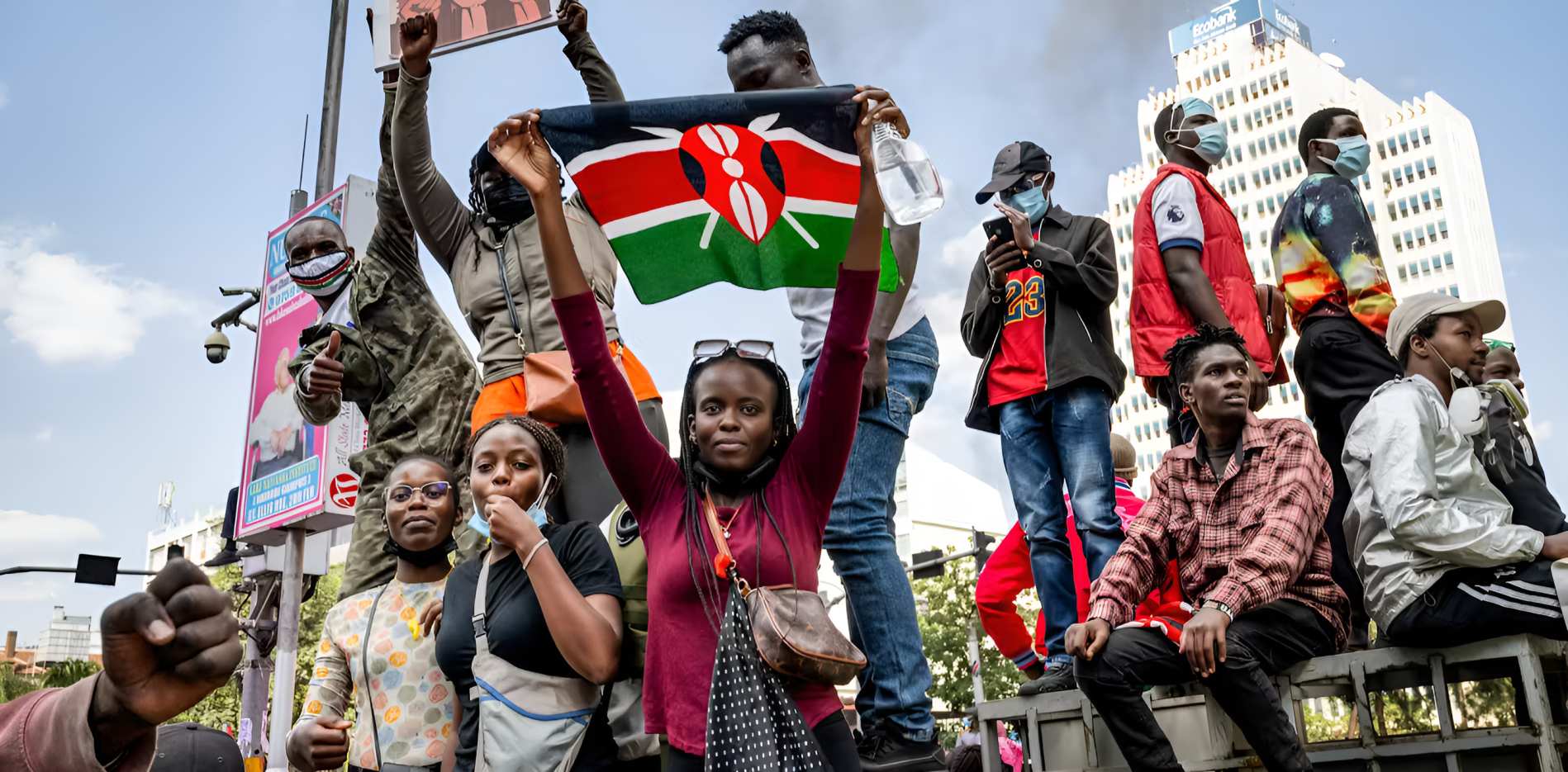For young people and early-career professionals in Kenya, achieving financial independence is becoming more difficult by the day.
Even with signs of economic growth, many are stuck in a frustrating loop of heavy taxation, low pay, and steadily increasing expenses.
New figures from the Kenya National Bureau of Statistics (KNBS) and the Kenya Institute for Public Policy Research and Analysis (KIPPRA) reveal the harsh reality of a generation finding it hard to build savings or make long-term investments.
Kenya’s taxation system has grown increasingly burdensome in recent months.
Since October 2024, the Social Health Insurance Fund (SHIF) replaced the National Hospital Insurance Fund (NHIF), introducing a 2.75% deduction on gross salaries without a cap.
At the same time, revisions to the Pay As You Earn (PAYE) structure saw incomes above Sh800,000 taxed at a steep 35%.
These adjustments have slashed disposable incomes, particularly hitting young professionals hard. For example, someone earning Ksh100,000 a month now sees deductions surpassing Sh30,000, leaving under Sh70,000 to cover all living expenses.
Making matters worse, the Kenya National Bureau of Statistics (KNBS) highlights the impact of a 16% fringe benefit tax on employer-sponsored welfare, which represents the fourth straight quarterly hike.
Even as the tax burden grows heavier, wages have largely stagnated. In 2022, the average monthly expenditure per adult equivalent in Kenya rose to Sh8,030, up from Sh7,393 in 2021.
Yet, many young people particularly those in rural areas earn well below this threshold.
KNBS data shows that in counties such as Turkana and Mandera, average monthly spending hovers around Sh4,203 and Sh4,521, respectively, highlighting the stark regional income disparities and the financial strain many youths face.
This economic imbalance leaves many young Kenyans struggling to cover even their most basic needs, making saving or investing nearly impossible.
With rising living expenses and modest earnings, financial stability remains out of reach for a large segment of the youth.
Unemployment continues to be a major challenge, especially in arid and semi-arid regions. According to KIPPRA, these areas face slow job creation in both public and private sectors, with low productivity worsening the situation.
Across the country, the unemployment rate among youths aged 15 to 24 remains worryingly high, further limiting their income potential and any chance of building savings.
In urban hubs such as Nairobi, job prospects may be better, but the steep cost of living combined with heavier taxation continues to undermine the ability of young professionals to save or invest meaningfully.
Despite Kenya’s economic progress, poverty remains deeply entrenched. According to KNBS, the national poverty headcount stands at 39.8%, meaning nearly 20 million people are unable to meet basic food and non-food needs.
The situation is even more dire in rural areas, where poverty rates climb to 42.9%, and in counties like Turkana, Mandera, and Samburu, they soar above 70%.
These numbers highlight the entrenched systemic barriers young people face, ranging from poor access to quality education and healthcare to limited job opportunities, trapping many in a persistent cycle of poverty.
Even for those who manage to set aside a portion of their income, turning savings into meaningful investments remains a major hurdle. With high taxation and the soaring cost of living squeezing every shilling, there's little left for long-term financial planning.
Compounding the challenge is the limited financial literacy among the youth and restricted access to user-friendly investment platforms.
While mobile money services like M-Pesa have expanded financial access, they primarily facilitate daily transactions rather than wealth-building tools.
Recent tax reforms have only deepened the strain, pushing the dream of investing even further out of reach for many young Kenyans.

